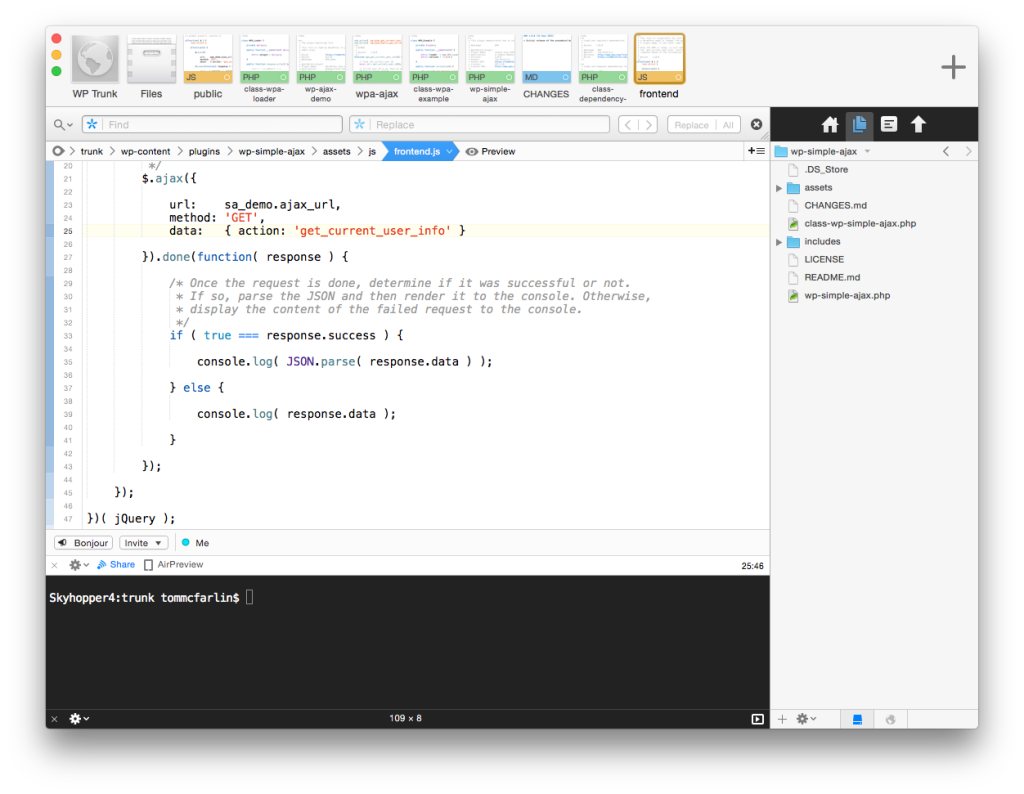Like anyone who blogs are regular intervals, be it a few times a week to daily, I’m asked how I write daily. In short, I wish I had a simple recipe to explain how to do it.
But I think this is something unique to every person.
Sure, I think people should write daily even if they aren’t publishing their content on a blog. I believe something happens when you articulate your thoughts via the written word.
- You become better at thinking through some of your own opinions.
- You get better at presenting ideas to other people even if they will result in a debate.
- You reason through your own convictions for why you feel the way you do about a given topic.
Sure, this sounds a little silly when talking about writing about development. It’s not, though.
Our field is one that’s built on the idea of logic and having things work in a logical and efficient manner. It’s important to make sure that our reasons for why we do the things we do have been reasons through, as well.
But I’ll talk more on that in a moment.
Instead, back to the original question: How does one get into the habit of daily blogging?
Continue reading


